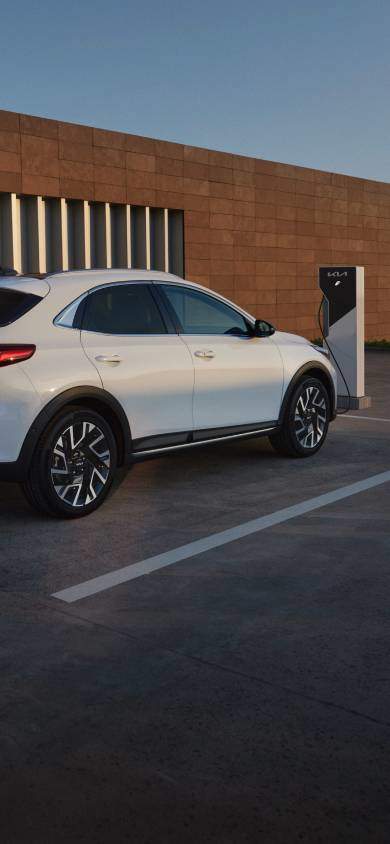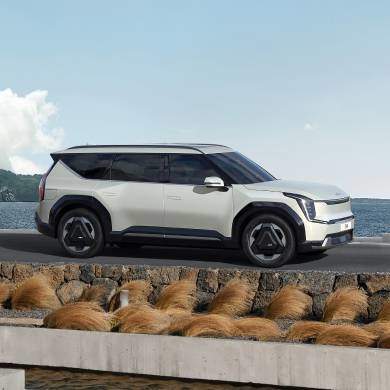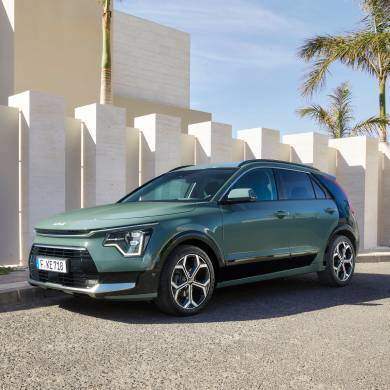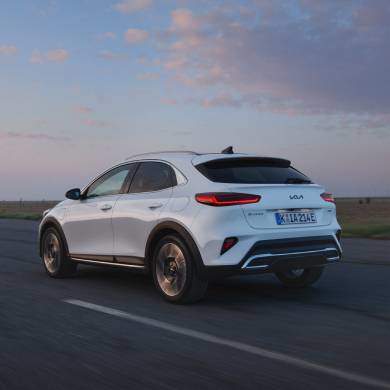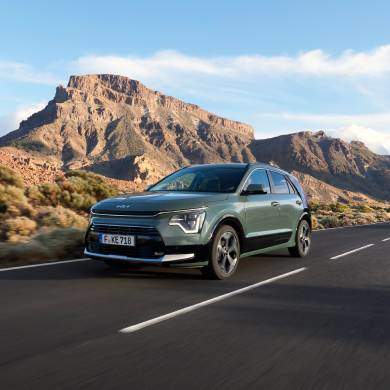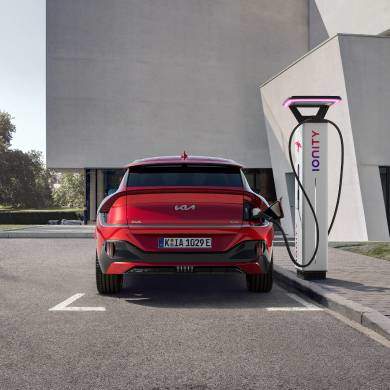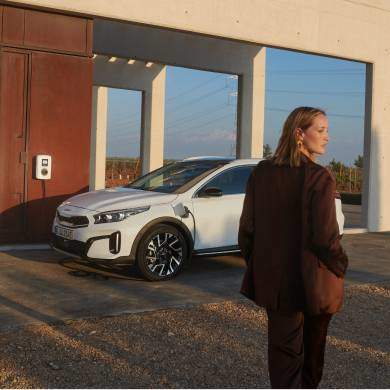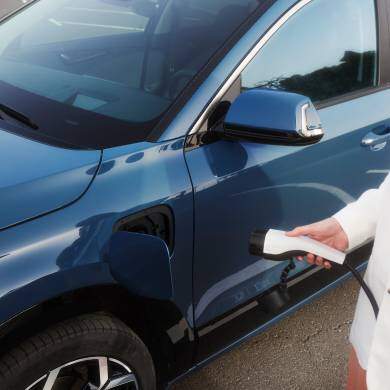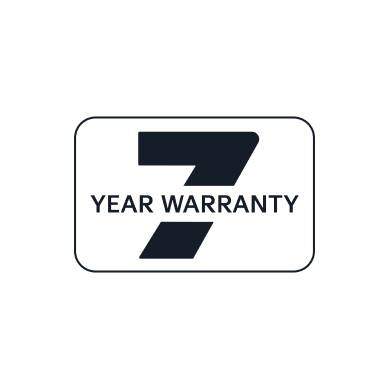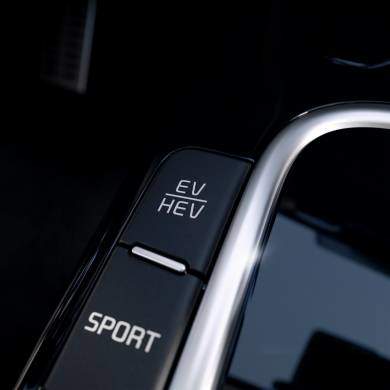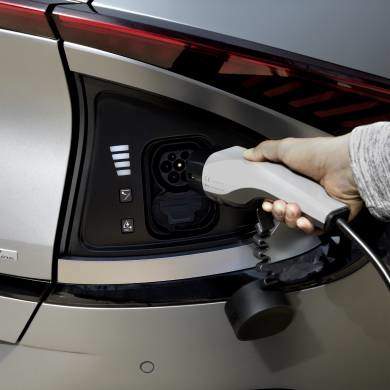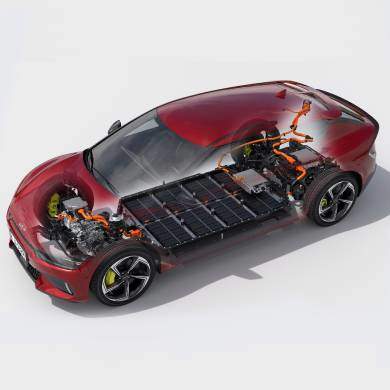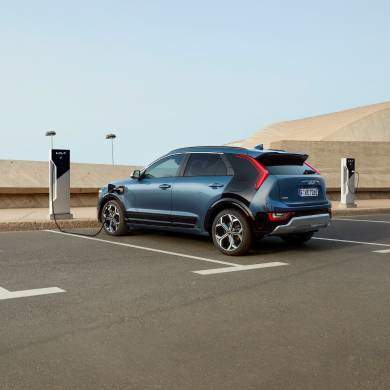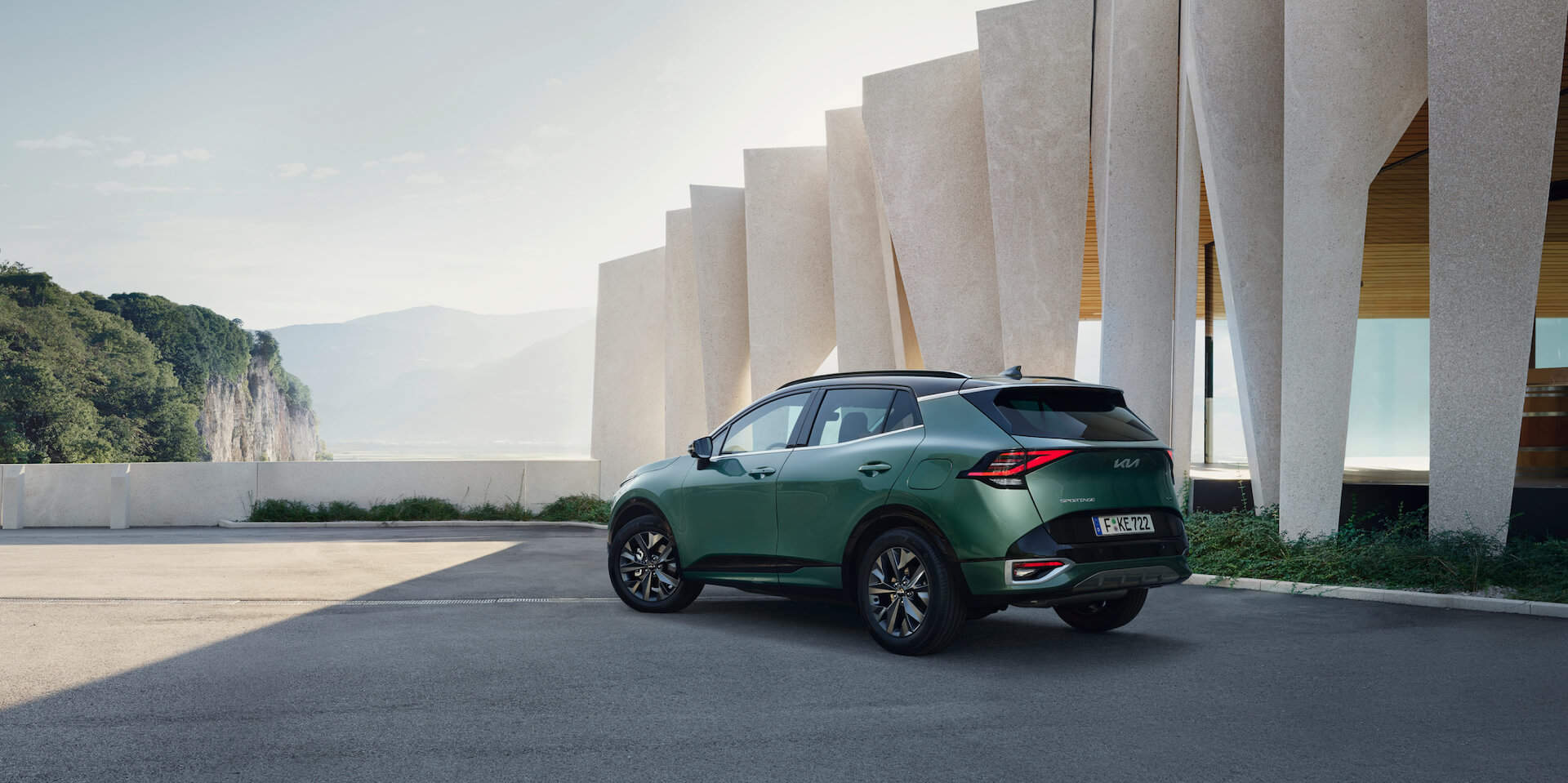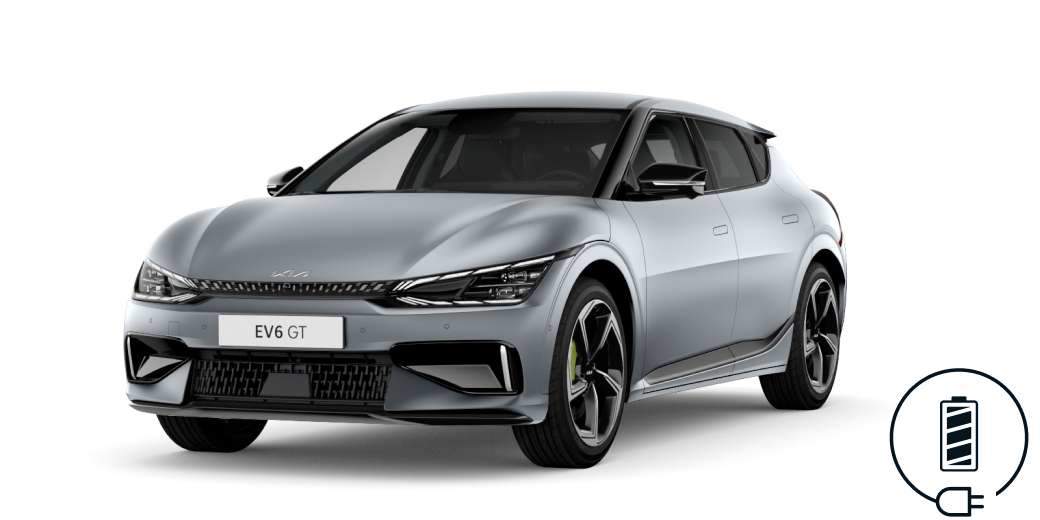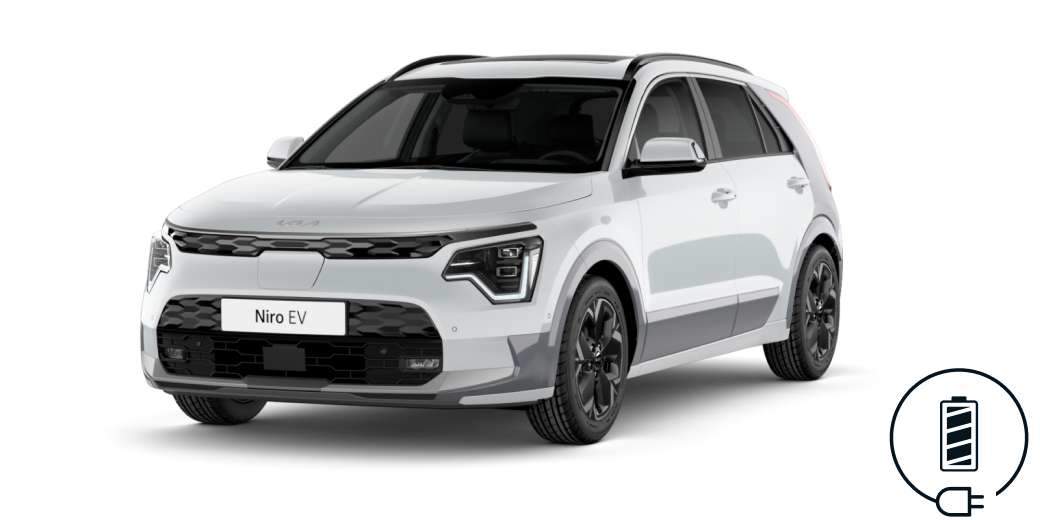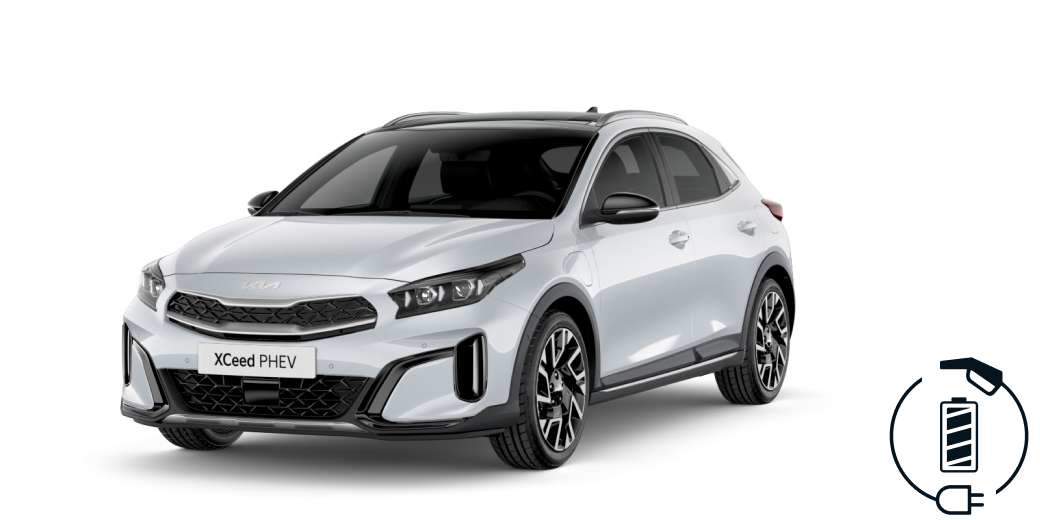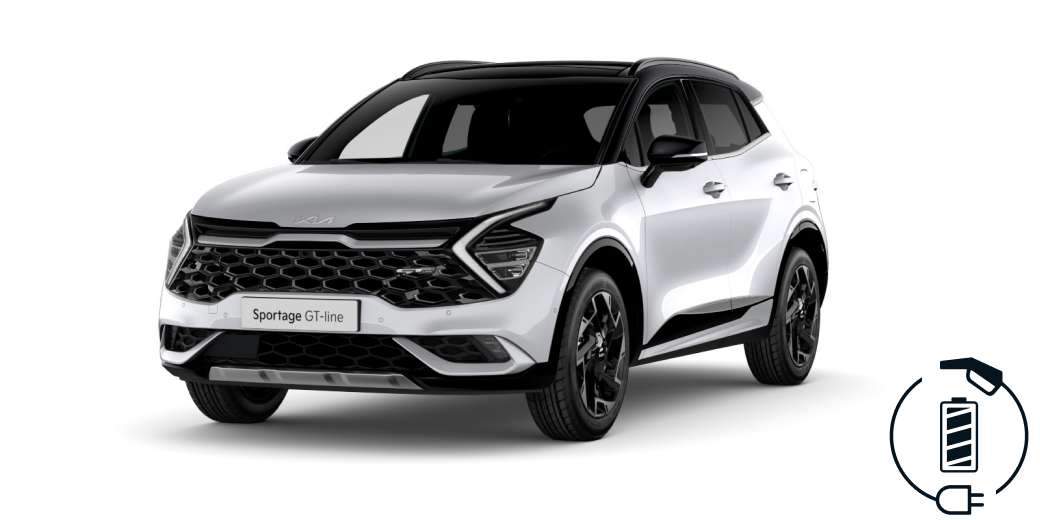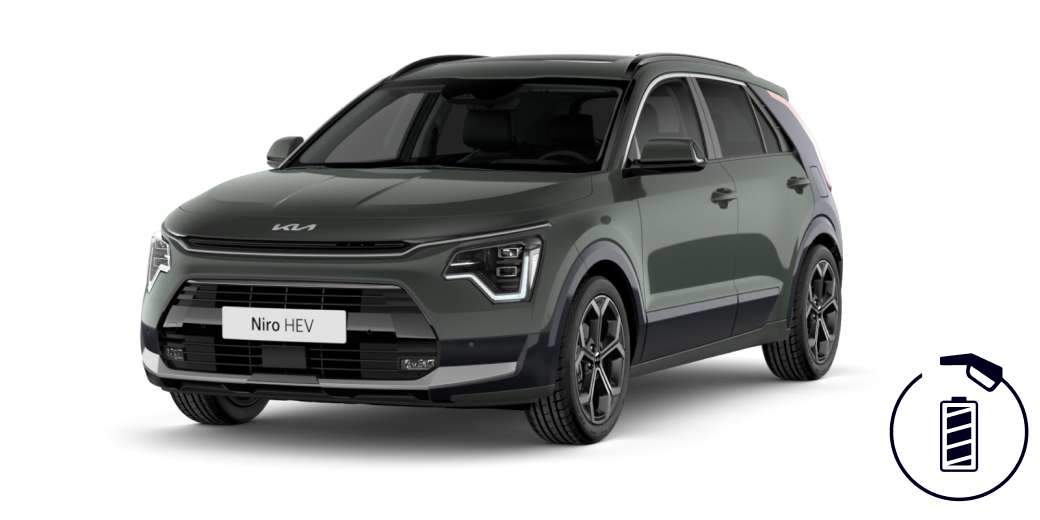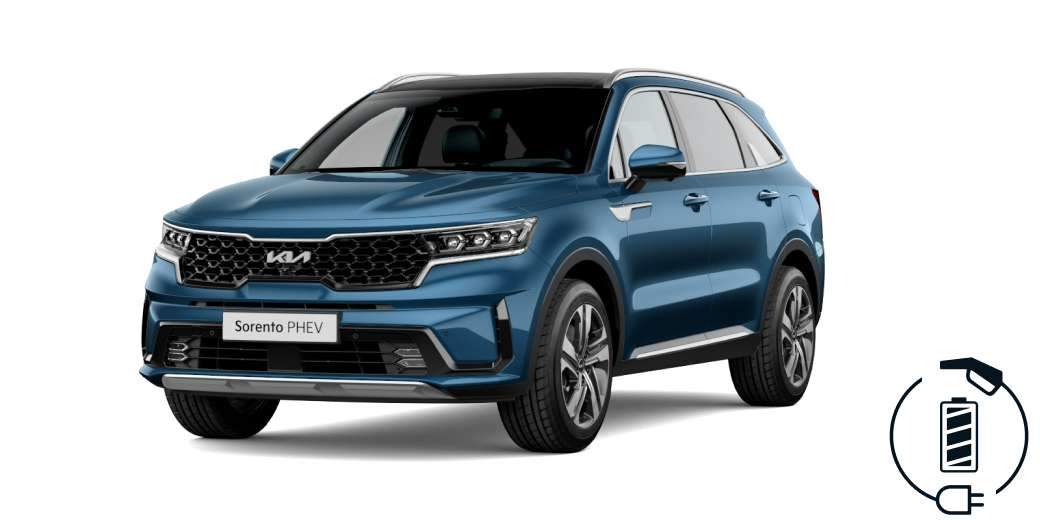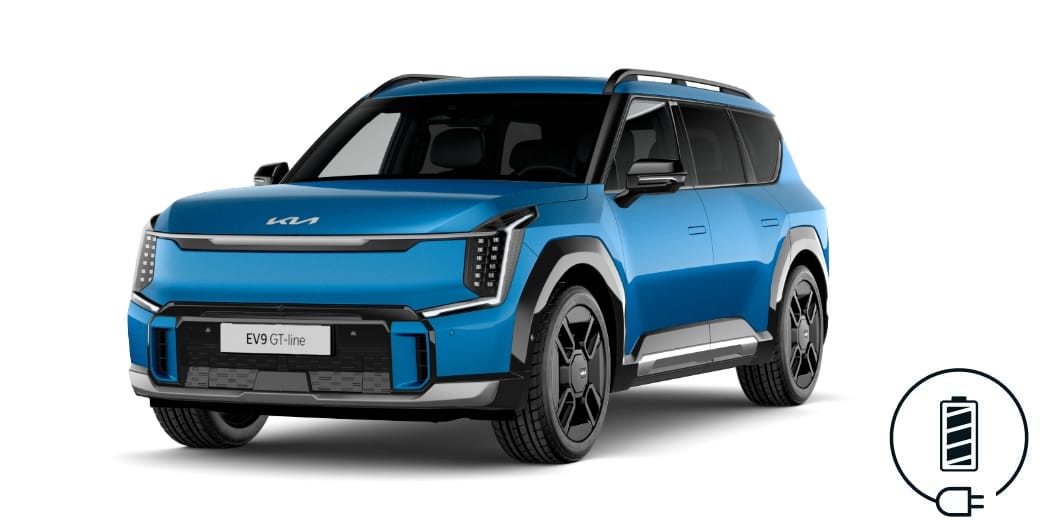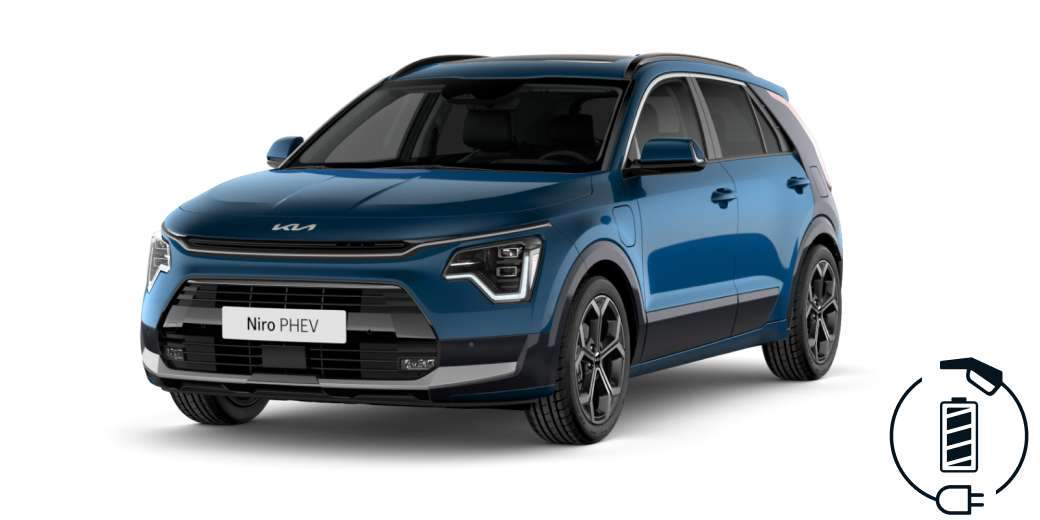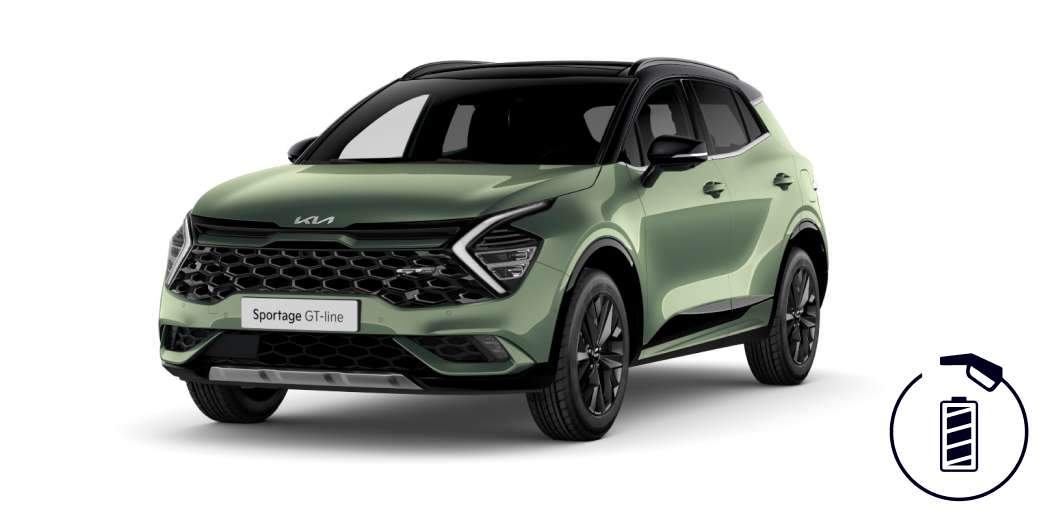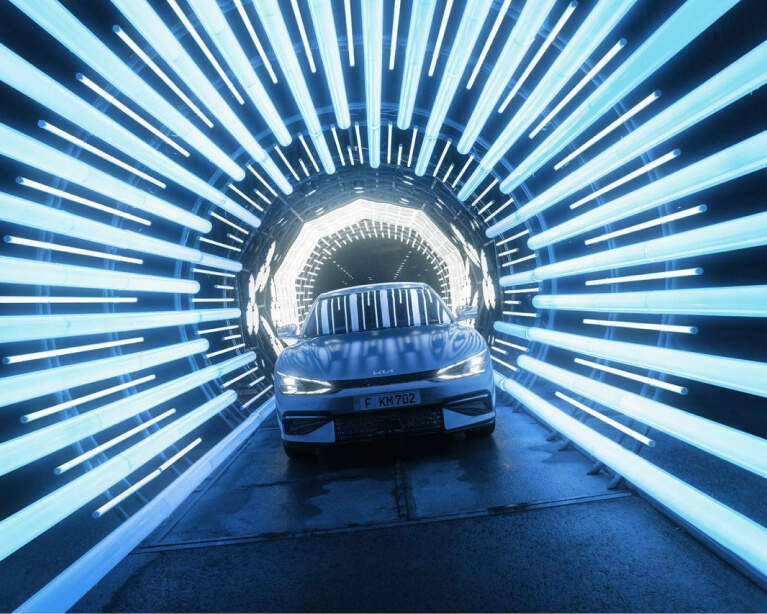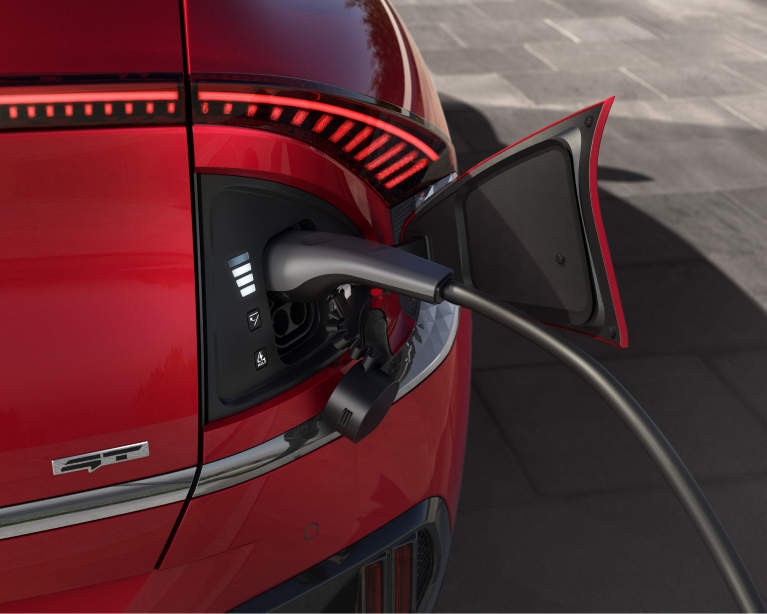8. What are the different methods of charging an electric vehicle?
There are essentially two options available to you – charging your EV at home using your own domestic mains electricity supply or making use of public charging stations. This will affect the types (and speeds) of charging available to you. There are three categories or types of charging: Trickle Charge, AC Charge and DC Charge.
Trickle Charge is a slow home charging method using a standard 220V plug. It charges about 65 km in 5 hours (overnight) or 200 km in 14 hours. It's for urgent situations. Use with caution due to potential electricity bill and load issues. Consult your electricity provider before using. Consider an ICCB cable for reliability and peace of mind.
AC Household Charging is the most common and recommendable home charging option. By having a Wallbox installed at your home, you can charge your EV approx. 3-4 faster than using Trickle Charge. AC Public Charging is also available, which is much faster again, although most public charging stations use DC Fast Charging.
DC Fast Charging is the fastest way to charge your EV, providing power from 50kW and above. Using this method, you can top up your battery from 20 to 80% in approx. 40 minutes.
